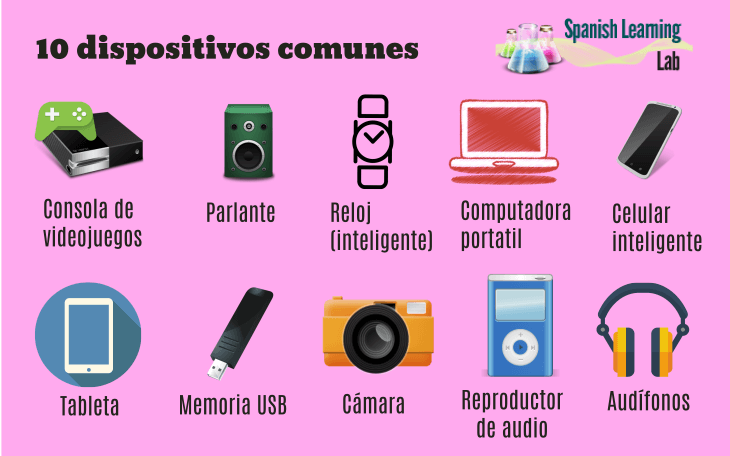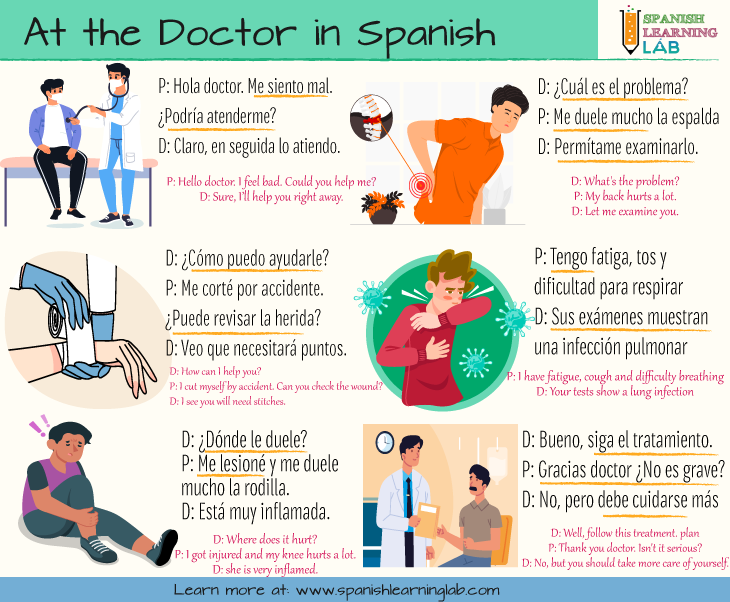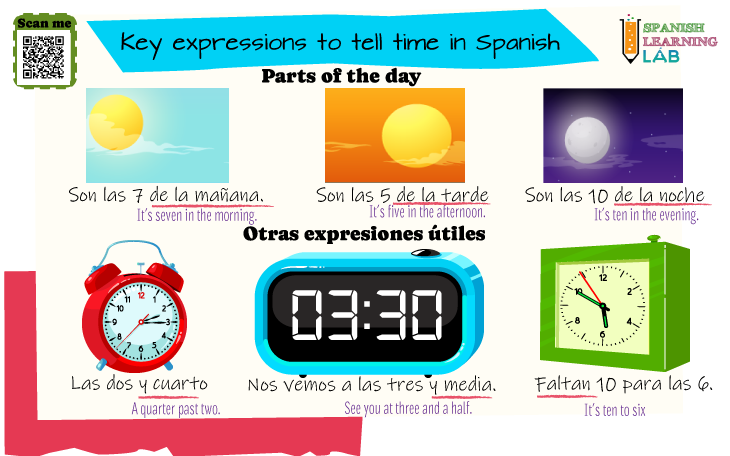Talking about Electronic Devices in Spanish
Hola. In today’s lesson we will learn a list of electronic devices in Spanish and some common verbs and phrases that people will use when talking about gadgets in Spanish. More importantly, you will be able to practice with two listening activities on gadgets and phrases for finding lost property in Spanish. Comencemos…
Talking about Electronic Devices in Spanish Read More »










